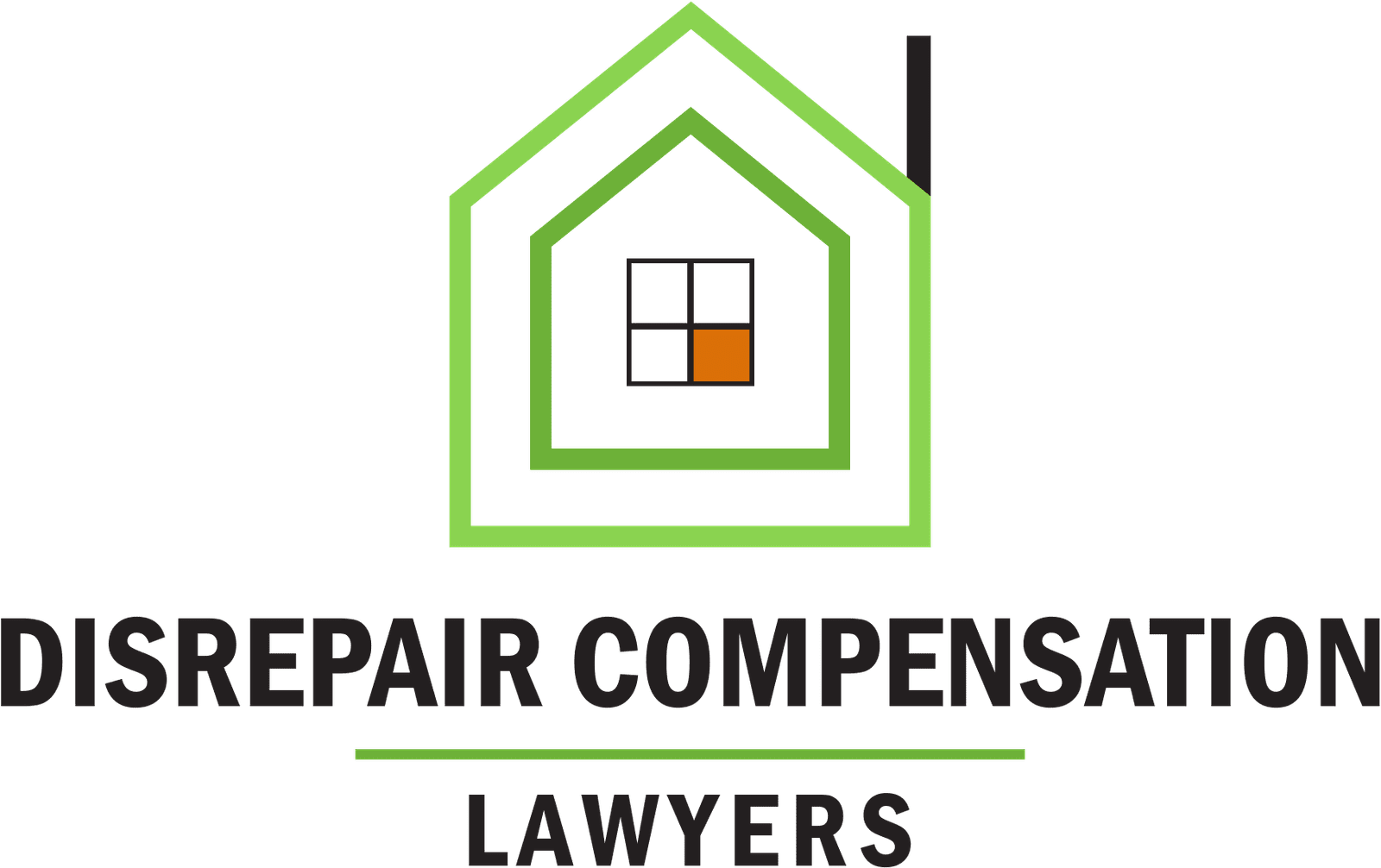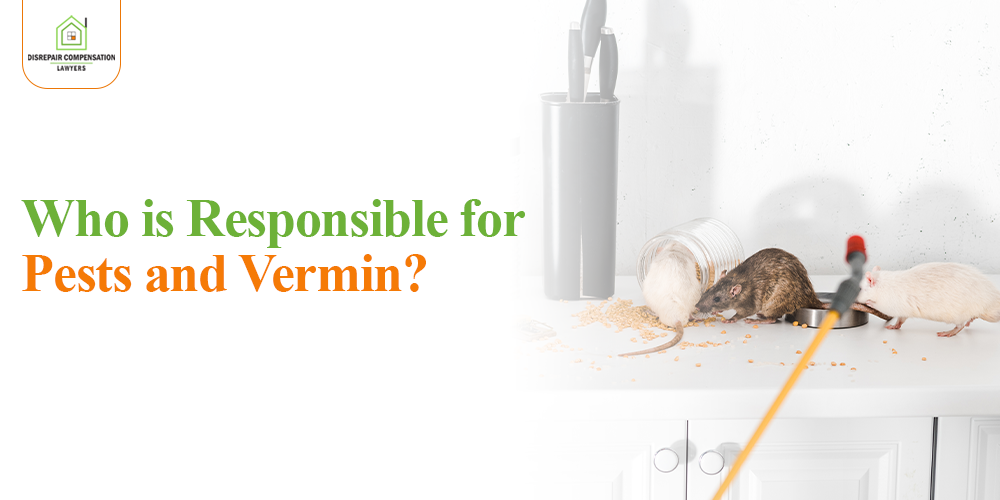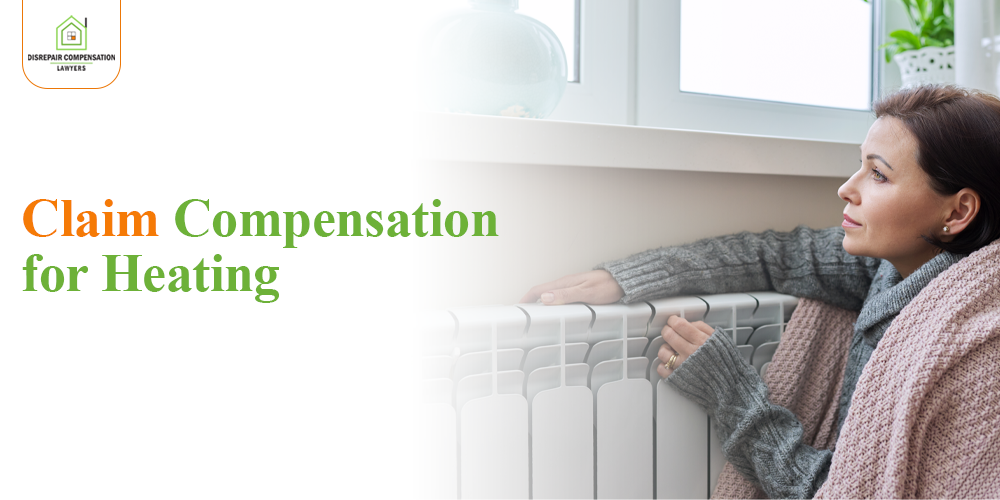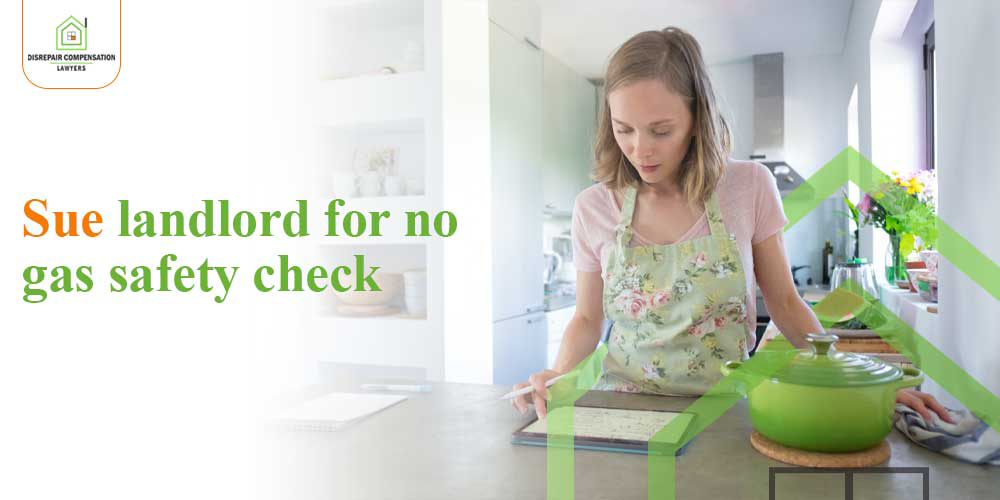Those who live in privately rented homes have nearly all of the same rights as council tenants. The purpose of this guide is to explain how to make a disrepair claim against a private landlord. When it comes to matters concerning the rental unit, it is essential to understand the steps of housing disrepair claims in private landlord cases. By following this guide, you will safeguard your rights and receive the fixes you need. Further, if you want to sue a housing association for negligence, this will be helpful.
Gather Evidence When Dealing with a Housing Association
- First, one should start gathering documentation of the state of disrepair or damage to property, if any. This can include pictures, testimonies, recordings, or any written communication between yourself and the housing association.
- Always document all losses and expenses that you have incurred because of the negligence of the association. This documentation should back up your claim and present the extent of your loss.
Notify the Housing Association
- It is always good to notify the housing association of your intention to claim once you have your evidence. Part of their responsibility is to look into your complaint and give you a response.
- Often, the housing association may accept some liability and offer compensation. If they deny responsibility, then you may have to turn to legal procedures to resolve the case.
Seek Legal Guidance
If the housing association disagrees with the need for such a provision, a lawyer should be sought. In some instances, they can help with further actions and prepare a solid case.
Understanding Compensation for a Housing Association Claim
When your claim is successful, you may be entitled to various forms of compensation, including:
- Losses for any physical or psychological injury occasioned by the dilapidation.
- You will be reimbursed for any income you may have lost due to the housing problems.
- Compensation in the form of actual expenses that resulted from the negligence of the housing association to include costs of repairing the property or any medical expenses incurred.
Sue Housing Association for Negligence
Negligence revolves around failure to exercise the standard of reasonable care that is expected of one, and this causes harm or loss. To sue the housing association for negligence, you need to prove:
- Duty of Care: It was the duty of the housing association to ensure that you were provided with a home that was free from risks and capable of being lived in.
- Breach of Duty: They also did not practice this duty through either their actions or inaction.
- Causation: This breach directly impacted you; that is, it either harmed or deprived you in some way.
- Damages: You sustained tangible loss or harm as the case may be.
Common instances of negligence by housing associations
- Failure to Repair: Failing to meet the reported problems, which may be leakage, formation of fungus, or any structural defects.
- Unsafe Premises: Navigating or directing clients in engineering, constructing, or inspecting living environments that are unsafe or uninhabitable.
- Ignored Complaints: Negligently handling requests or complaints from tenants and or failing to address them appropriately.
Unfair Treatment by the Housing Association
Suffering from the housing association’s unfair treatment is quite demoralising and annoying. It should also be noted that one must maintain a record of the incidents that have led to the perception of fair treatment if he or she feels he or she has been treated unfairly. This is so because when the matter reaches the court of law, a detailed record of ignored maintenance requests, inadequate responses to complaints, or any other form of unfair treatise will help the judge come up with a just decision.
Complaining About the Housing Association
When handling housing association complaints, it is advisable to be blunt in your conduct. Explain the problems, substantiate them, and keep a record of all communication. This should help address the problems faster and offer a strong ground if you are required to take the matter deeper.
Do You Have Experience with a Bitter Housing Encounter?
If your interactions with your housing association have been less than pleasant due to negligence and other matters, you must get help. The abuse victim can qualify for a complaint or a claim, and at times, other housing arrangements may be needed. Many times, housing authority complaints can easily be addressed by following up and making lots of articulate complaints.
Conclusion
Seeking justice when a housing association has failed to maintain tenants’ properties and is negligent is always a real deal, but when one is affected, the options remain valid. Documenting the injury, notifying the association, and seeking legal advice are helpful in developing a strong case for compensation. Do not suffer in bad living conditions; move around, seek assistance, and know how to change it for the better.







